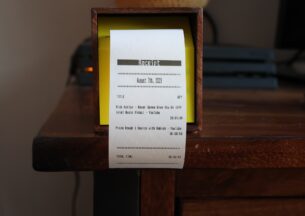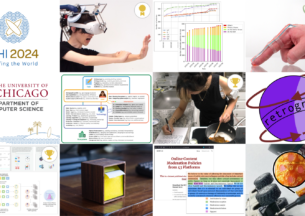Peter Ganong (UChicago) - Consumer Spending During Unemployment: Positive and Normative Implications
Consumer Spending During Unemployment: Positive and Normative Implications
Using de-identified bank account data, we show that spending drops sharply at the large and predictable decrease in income arising from the exhaustion of unemployment insurance (UI) benefits. We use the high-frequency response to a predictable income decline as a new test to distinguish between alternative consumption models. The sensitivity of spending to income we document is inconsistent with rational models of liquidity-constrained households, but is consistent with behavioral models with present biased or myopic households. Depressed spending after exhaustion also implies that the consumption-smoothing gains from extending UI benefits are four times larger than from raising UI benefit levels. You can read the paper here.

Peter Ganong
Peter is an Assistant Professor at Harris Public Policy. He studies income volatility and policies to mitigate its consequences. In one recent paper, he studied how households respond to UI benefit exhaustion. In ongoing work, he is studying the origins of mortgage default and the best way to design mortgage modifications to prevent foreclosure. He received a BA in 2009 and a PhD in 2016, both in economics from Harvard. He worked at the White House Council of Economic Advisers from 2009 to 2010, helped to start the City of Boston's Citywide Analytics Team from 2014 to 2015, and helped start immigrantdoctors.org.













